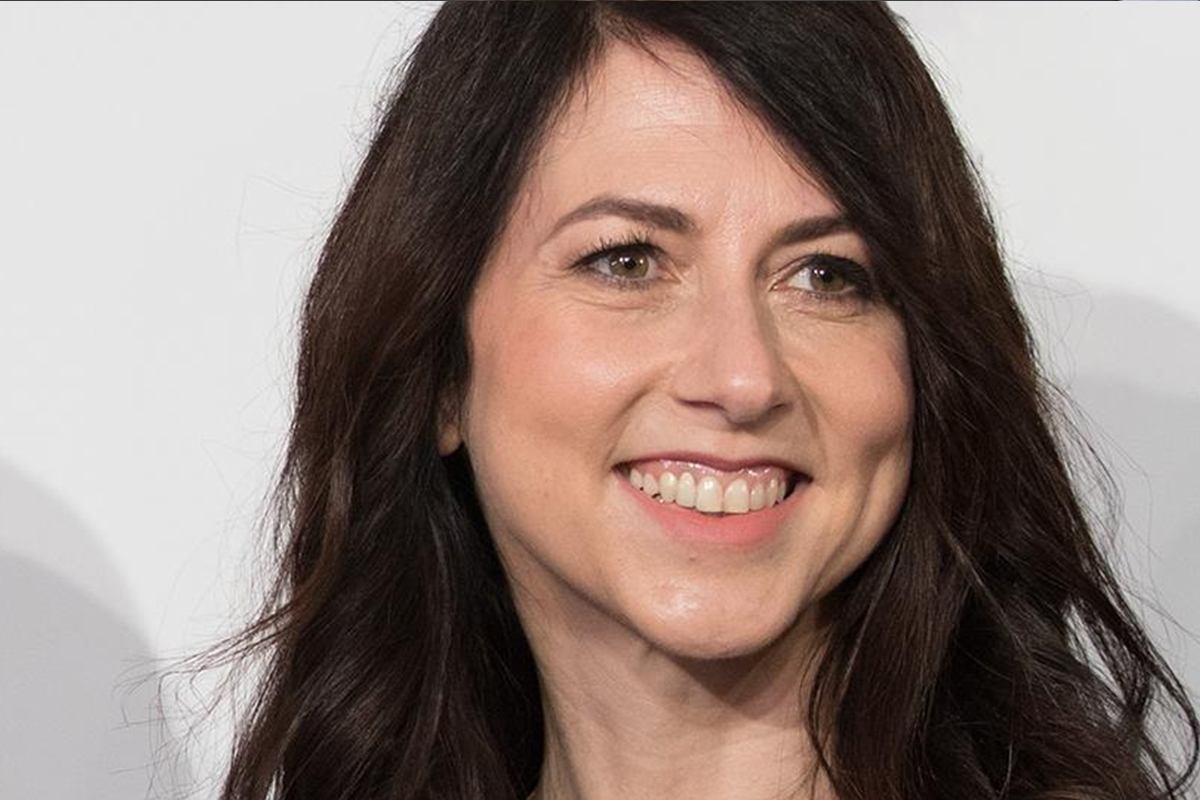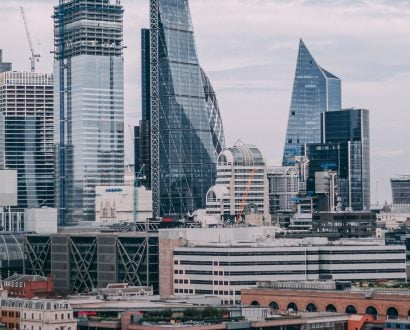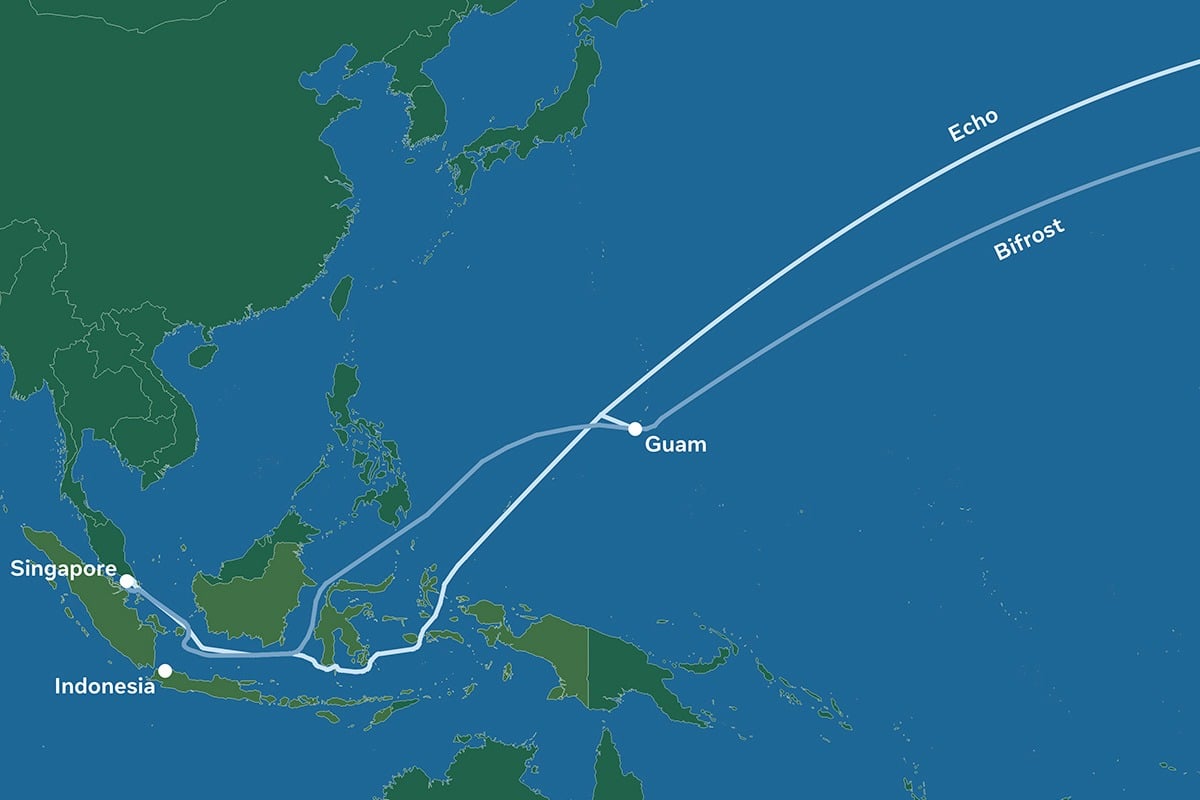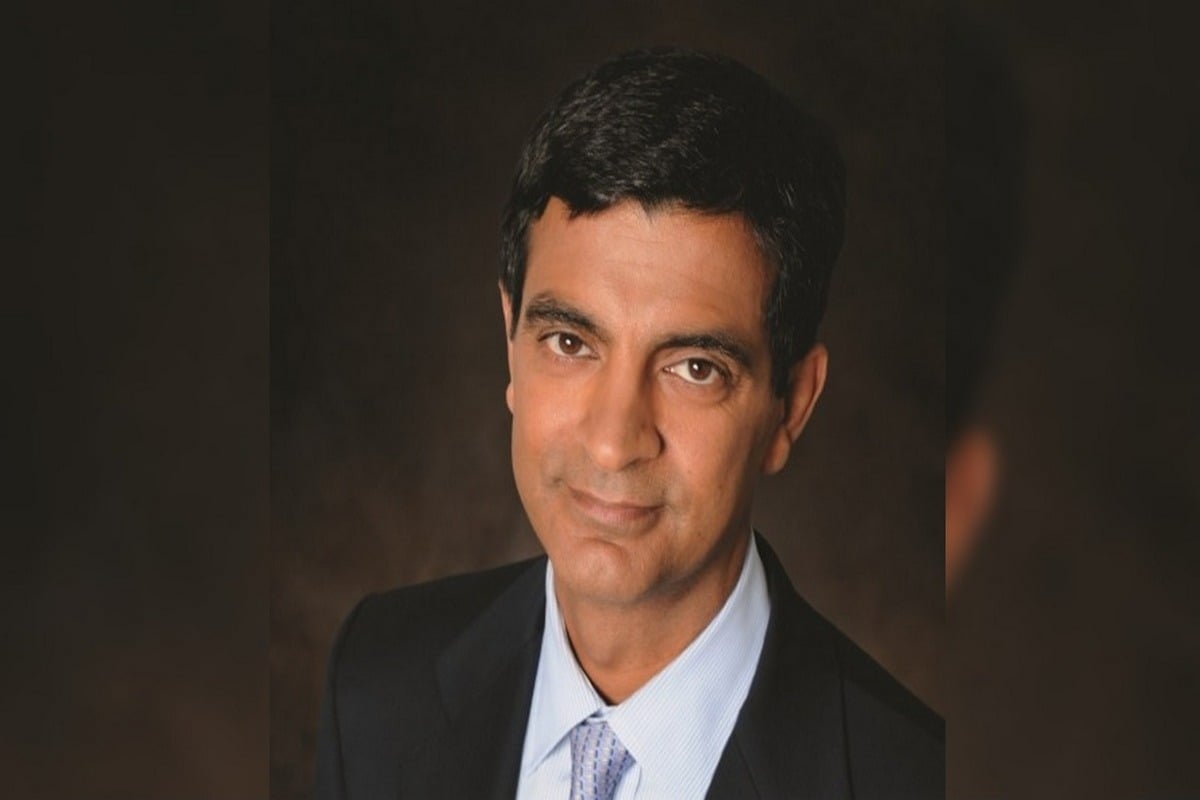MacKenzie Scott, the former wife of Amazon Founder, President and CEO Jeff Bezos, has revealed she has given US$4.2 billion to 384 organisations in the US in the past four months.
Scott signed the Giving Pledge in 2019, promising to give away the majority of her fortune, which includes the US$38 billion she received in her divorce settlement with Bezos, the world’s richest person with a net wealth of US$182.2 billion.
“I have a disproportionate amount of money to share,” she wrote in her pledge. “My approach to philanthropy will continue to be thoughtful. It will take time and effort and care. But I won’t wait. And I will keep at it until the safe is empty.”
In a new post on Medium entitled ‘384 ways to help’, Scott detailed how she decided on the 384 not-for-profit organisations that would receive her money.
“This pandemic has been a wrecking ball in the lives of Americans already struggling,” she wrote. “Economic losses and health outcomes alike have been worse for women, for people of colour, and for people living in poverty. Meanwhile, it has substantially increased the wealth of billionaires.”
MacKenzie Scott said that after announcing in July that she had given US$1.7 billion to 114 organisations over the past year, she asked her team of advisors to help increase her donations through immediate support to people suffering the economic effects of the coronavirus pandemic.
“They took a data-driven approach to identifying organisations with strong leadership teams and results, with special attention to those operating in communities facing high projected food insecurity, high measures of racial inequity, high local poverty rates, and low access to philanthropic capital,” said Scott, 50.
“The result over the last four months has been US$4,158,500,000 in gifts to 384 organisations across all 50 states, Puerto Rico and Washington DC. Some are filling basic needs: food banks, emergency relief funds and support services for those most vulnerable. Others are addressing long-term systemic inequities that have been deepened by the crisis: debt relief, employment training, credit and financial services for under-resourced communities, education for historically marginalised and underserved people, civil rights advocacy groups, and legal defence funds that take on institutional discrimination.”
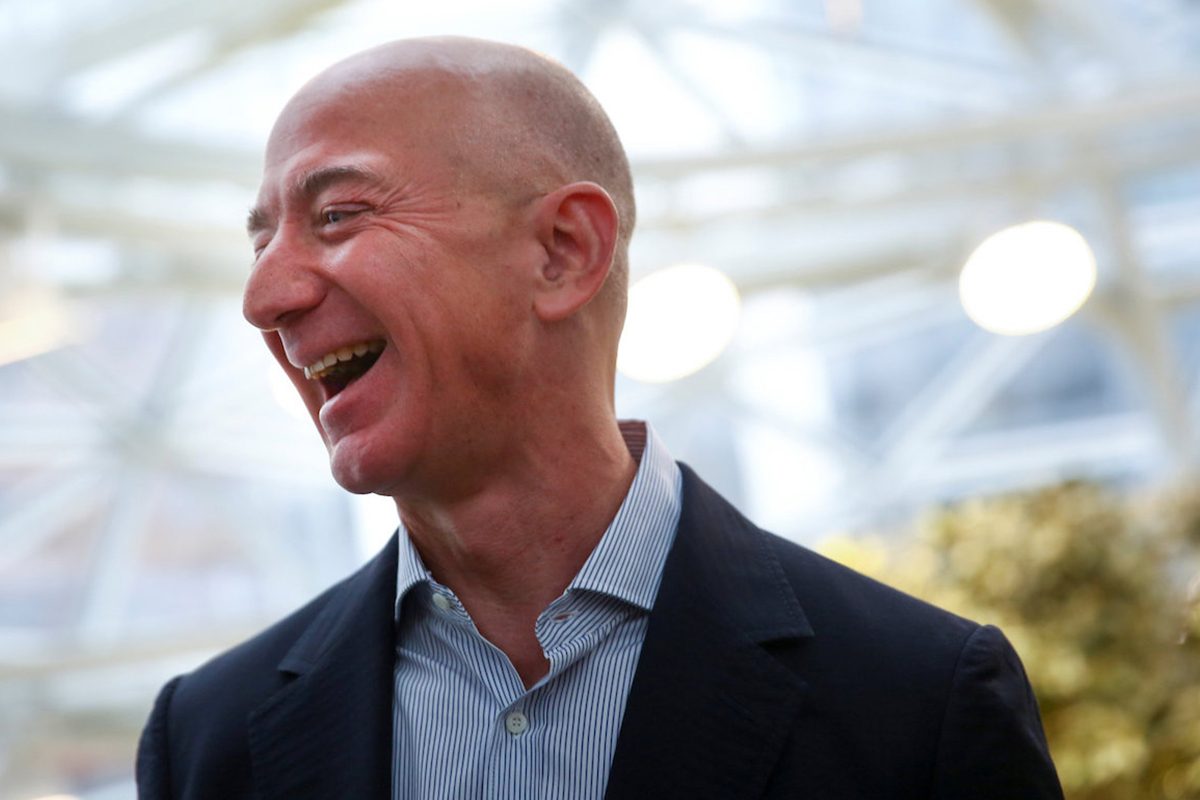
The world’s richest people have seen their net worths skyrocket by nearly US$1 trillion amid the coronavirus pandemic. MacKenzie Scott herself saw her wealth increase by US$23.6 billion this year due to her shares in Amazon, which have surged 80 per cent in 12 months.
“Though I’m far from completing my pledge, this year of giving began with exposure to leaders from historically marginalised groups fighting inequities, and ended with exposure to thousands of organisations working to alleviate suffering for those hardest hit by the pandemic,” Scott wrote. “Witnessing the determination, creativity and compassion of people in a crisis has been inspiring: cash cards for farmers in Puerto Rico; direct deposits for furloughed workers without access to employer-based benefits; rental assistance for immigrant families without access to government relief; young volunteers stepping in for vulnerable older ones to deliver millions of meals to newly isolated seniors; shelters and counselling centres forming partnerships to handle the surge in domestic violence; two former debt collections executives enabling donors to anonymously forgive US$1,000 in crushing medical debt for struggling families with every gift of US$10.”
Chuck Collins, director of the Program on Inequality and the Common Good at the Institute for Policy Studies, said MacKenzie Scott was putting to shame
the other 650 US billionaires who haven’t figured out comparable ways to boldly share.
“Many private foundations are still guarding their perpetual endowments and giving the minimum five per cent required, including overhead. By example, Scott is shaming these mega-foundations that worry more about perpetuity than the suffering of their neighbours during an unprecedented crisis,” Collins said in a statement.
“Private foundations are sitting on over US$1.1 trillion in assets while donor-advised funds (DAFs) hold an estimated US$120 billion. Wealthy donors have already taken their tax breaks for these donations but need a push to move their money. A movement of charities has been pressing Congress to include an Emergency Charity Stimulus as part of the next COVID-relief passage. This would mandate that private foundations increase their minimum payout from five per cent to 10 per cent – and that DAFs have a payout. This would move US$200 billion to frontline charities over the next three years, without adding to national borrowing.”

